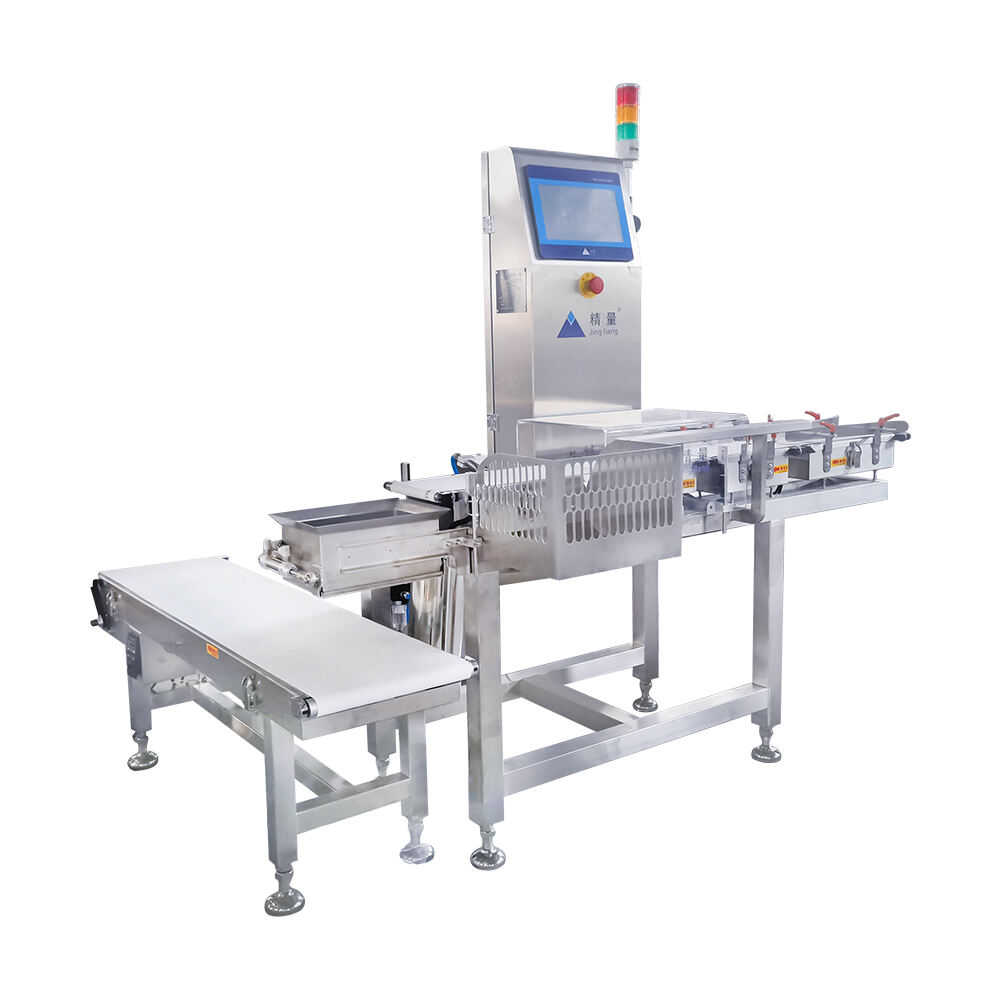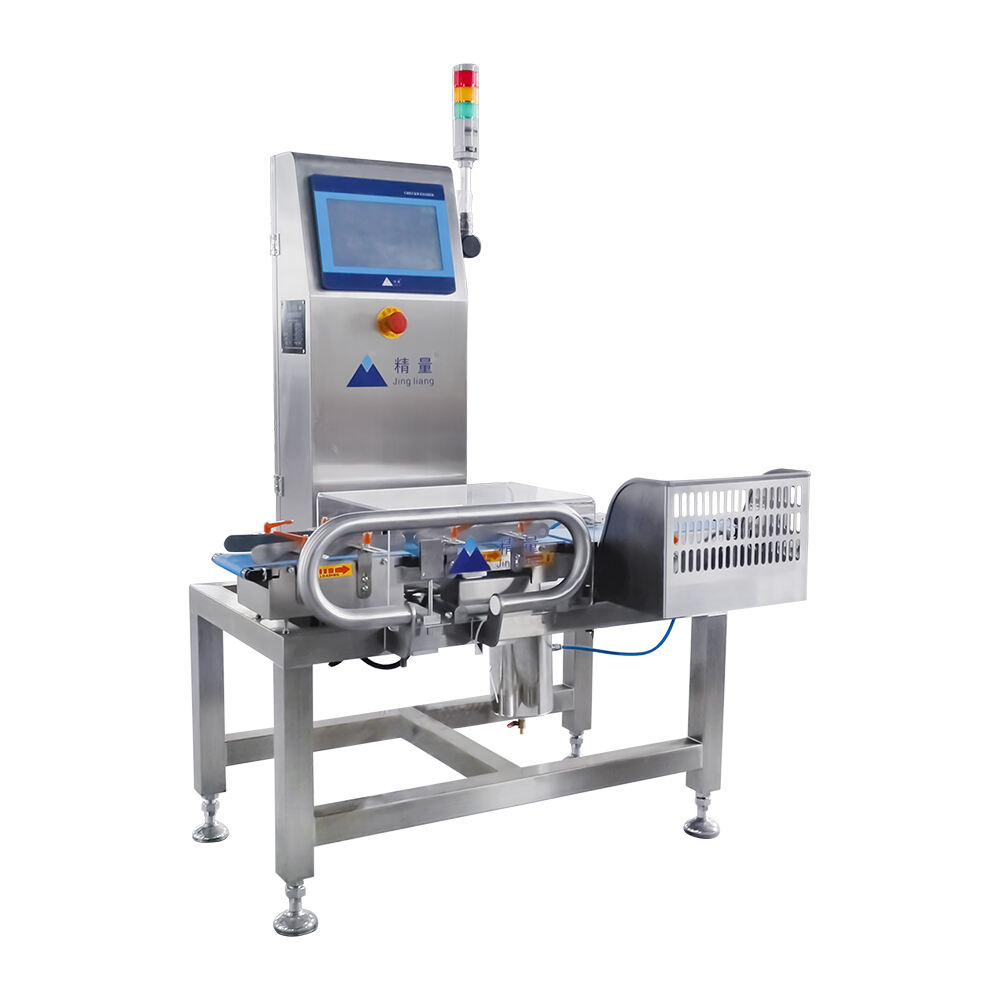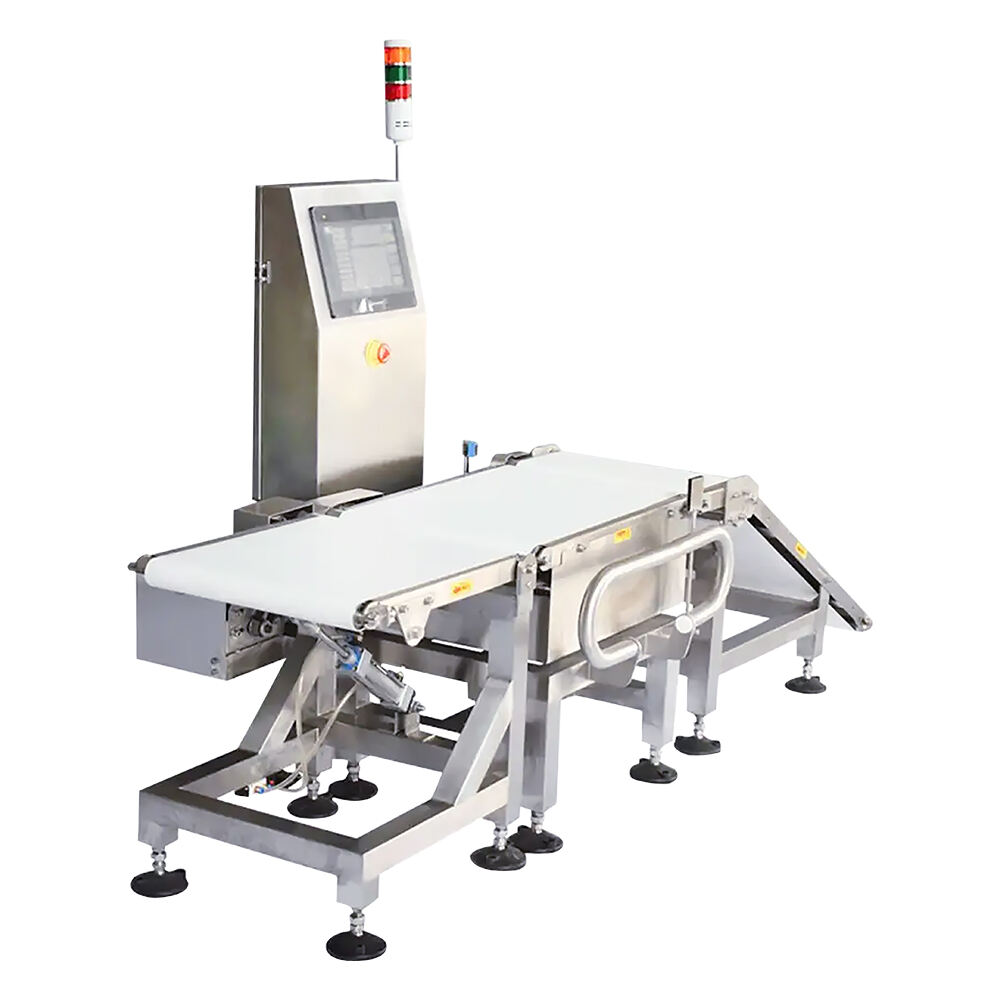I rilevatori di metalli giocano un ruolo fondamentale nella lavorazione degli alimenti. Essi aiutano a mantenere i nostri cibi al sicuro da pezzi di metallo dannosi. I rilevatori di metalli per alimenti sono i supereroi straordinari che si impegnano per garantire che i nostri cibi siano puliti e salubri da consumare.
Nel settore della trasformazione alimentare, i rilevatori di metalli rivestono un ruolo importante poiché aiutano a proteggere le persone dal consumo di cibo contaminato (contaminazione metallica). Se il cibo viene prodotto in grandi fabbriche, piccoli pezzi di metallo (come chiodi o viti) possono finire accidentalmente nel cibo. Prima che il cibo venga imballato e inviato nei negozi per essere acquistato, i rilevatori di metalli individuano e rimuovono questi pezzi di metallo.
Si evita la contaminazione dei prodotti alimentari utilizzando rilevatori di metallo, progettati per rilevare particelle metalliche rimaste nel prodotto alimentare. Quando un rilevatore di metallo rileva qualcosa, invia un allarme agli operatori, permett oforo loro di rimuovere il metallo dannoso prima che abbia la possibilità di proseguire lungo la linea di elaborazione degli alimenti. Aiuta a garantire che gli alimenti che consumiamo siano sicuri e puliti.

L'industria della trasformazione alimentare si affida in modo significativo ai rilevatori di metallo per mantenere la sicurezza e la qualità degli alimenti. Essi contribuiscono a garantire che gli alimenti prodotti siano sicuri e conformi alle normative sulla sicurezza alimentare. I produttori alimentari possono utilizzare i rilevatori di metallo per cercare e rimuovere tutti i contaminanti metallici dai nostri cibi.

È molto importante avere rilevatori di metalli nei luoghi di lavorazione degli alimenti per garantire la sicurezza delle persone impedendo loro di mangiare cibo contenente metalli. E se i pezzi di metallo non vengono rilevati, potrebbero ferire qualcuno che mangia quel cibo. Le fabbriche alimentari utilizzano rilevatori di metalli per assicurarsi che i loro prodotti siano privi di frammenti metallici.

I rilevatori di metalli vengono utilizzati per accelerare e migliorare la produzione alimentare rilevando immediatamente eventuali metalli presenti nei prodotti alimentari. Questo garantisce che gli alimenti non vengano ritardati durante la produzione e crea un flusso più fluido per la linea di lavorazione alimentare. Con i rilevatori di metalli, le aziende alimentari possono risparmiare tempo e denaro, offrendoci contemporaneamente cibo sicuro e di alta qualità!
Possediamo il 90% di prodotti autofinanziati, il che ci permette di controllare i costi dalla fonte. I nostri clienti sono in tutto il mondo, USA, Italia, Francia, Australia e così via. Abbiamo 20 anni di esperienza nella produzione di pesanti automatici, macchine per la classificazione, rilevatori di metalli, macchine a raggi X e così via.
Utilizzando un sistema ERP, gestiamo sistematicamente la produzione, garantendo tempestività dall'ordine alla spedizione per soddisfare le esigenze variegate dei clienti, raggiungendo un'alta produttività nel développement.
Siamo gestione standardizzata dei processi. Abbiamo una squadra professionista di ispezione qualità e attrezzature di test, dalla materia prima al prodotto finito per test completi, garantendo le prestazioni del prodotto e la conformità ambientale.
Il laboratorio di produzione di 2.000 m², con attrezzature avanzate di produzione e di lavorazione, numerosi operai tecnici professionali, dotati di taglierina, macchina laser, lucidatrice, ecc., garantendo una capacità produttiva affidabile. Offriamo servizi personalizzati ODM e OEM.